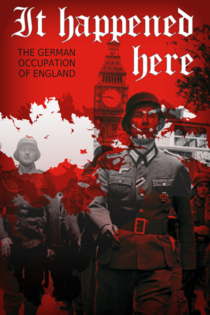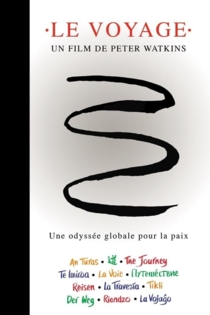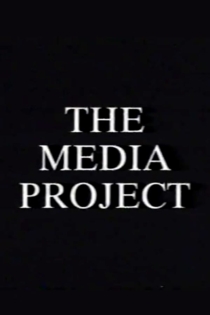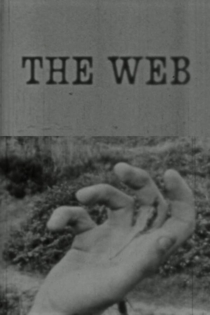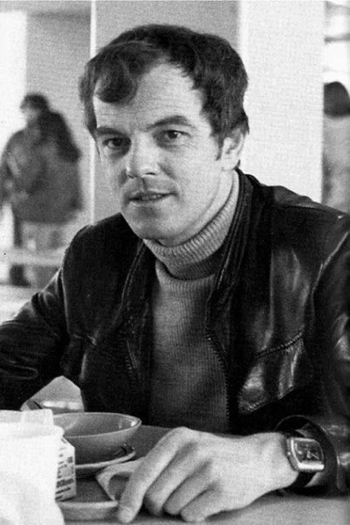
Peter Watkins
1935 (90 лет)Nearly all of Watkins' films have used a combination of dramatic and documentary elements to dissect historical occurrences or possible near future events. The first of these, Culloden, portrayed the Jacobite uprising of 1745 in a documentary style, as if television reporters were interviewing the participants and accompanying them into battle; a similar device was used in his biographical film Edvard Munch. La Commune (Paris, 1871) reenacts the Paris Commune days using a large cast of French non-actors.
In 2004 he also wrote a book, Media Crisis, an engaged essay about the media crisis, the monoform and, foremost, the lack of debate around the construction of new forms of audiovisual media.
Description above from the Wikipedia article Peter Watkins, licensed under CC-BY-SA,full list of contributors on Wikipedia.
Edvard Munch
Peter Watkins
Geir Westby, Gro Fraas
Edvard Munch's childhood is overshadowed by death: he suffers the loss of his sister and mother, while enduring serious illness himself, almost dying. At university, Munch discovers his talent as a painter. As he immerses himself in the art world, he becomes part of a cultural revolution lead by the likes of nihilist Hans Jæger.
Edvard Munch
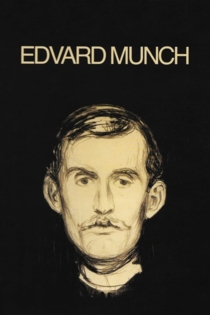
La Commune (Paris, 1871)
Peter Watkins
Eliane Annie Adalto, Pierre Barbieux
We are in the year 1871. A journalist for Versailles Television broadcasts a soothing and official view of events while a Commune television is set up to provide the perspectives of the Paris rebels. On a stage-like set, more than 200 actors interpret characters of the Commune, especially the Popincourt neighbourhood in the XIth arrondissement. They voice their own thoughts and feelings concerning the social and political reforms. The scenes consist mainly of long camera takes.
La Commune (Paris, 1871)
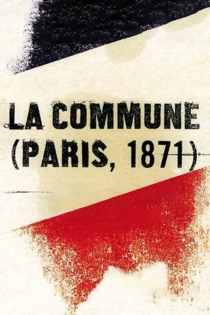
The War Game
Peter Watkins
Michael Aspel, Kathy Staff
A docudrama depicting a hypothetical nuclear attack on Britain. After backing the film's development, the BBC refused to air it, publicly stating "the effect of the film has been judged by the BBC to be too horrifying for the medium of broadcasting." It debuted in theaters in 1966 and went on to great acclaim, but remained unseen on British television until 1985.
The War Game
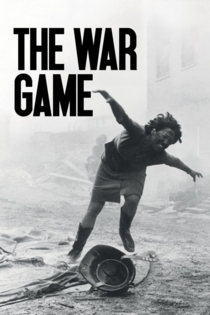
Culloden
Peter Watkins
George McBean, Olivier Espitalier-Noel
Culloden, Scottish Highlands, April 16th, 1746. It was one of the most mishandled and brutal battles ever fought in Great Britain. Its aftermath was tragic. The men responsible for such a disaster must be exposed. The men, women and children who suffered because of it must be remembered.
Culloden
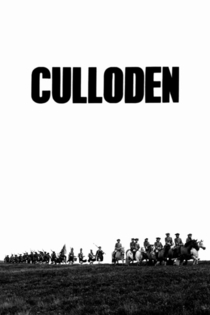
Punishment Park
Peter Watkins
Carmen Argenziano, Kent Foreman
In this fictional documentary, U.S. prisons are at capacity, and President Nixon declares a state of emergency. All new prisoners, most of whom are connected to the antiwar movement, are now given the choice of jail time or spending three days in Punishment Park, where they will be hunted for sport by federal authorities. The prisoners invariably choose the latter option, but learn that, between the desert heat and the brutal police officers, their chances of survival are slim.
Punishment Park
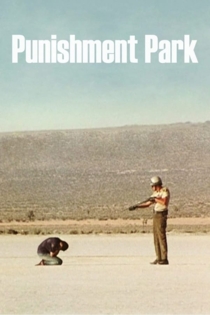
Fritänkaren
Peter Watkins, Jan-Anders Hansson
Anders Mattsson, Lena Settervall
The film portrays the Swedish playwright, novelist, poet, essayist and painter August Strindberg's life 1849-1912. Through his extensive correspondence and literary production, from the supposed first work, the drama "The Free Thinker" (1869), to the posthumously published "The Occult Diary" (published 1977 ). But also his three wives, Siri von Essen, Frida Uhl and Harriet Bosse, and the children Karin, Greta and Hans are given space in the film. The unpublished first drama "The Free Thinker", depicts a young man forced to break with family and tradition to follow his conscience and ideals, becomes a prophecy about the author's own life.
The Freethinker
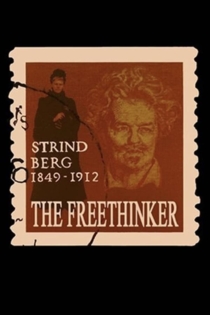
Aftenlandet
Peter Watkins
Bent Andersen, Kai Schøning Andersen
Denmark is in deep crisis: the country is hit by general strike, during the holding of a NATO summit in Copenhagen. Meanwhile, a minister is kidnapped by extremists, and state power cracks down against politically-active leftists.
Evening Land
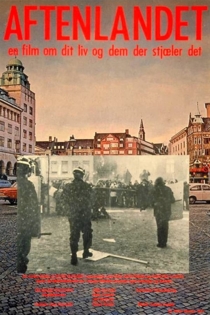
The Universal Clock: The Resistance of Peter Watkins
Geoff Bowie
R. H. Thomson, Peter Watkins
This feature documentary is a portrait of Peter Watkins, an Oscar®-winning British filmmaker who, for the past 4 decades, has proved that films can be made without compromise. With the proliferation of TV channels, documentaries are enjoying an unprecedented boom fuelled by audiences seeking an alternative to infotainment. But now documentary filmmaking, too, finds itself constrained by the imperatives of television. However, there is a rebel resisting this uniformity of the spirit. Pre-eminent among today's documentary filmmakers concerned about this mind-numbing standardization, Peter Watkins has never strayed from either his principles or the cause.
The Universal Clock: The Resistance of Peter Watkins
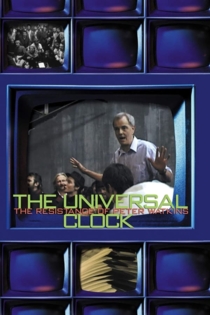
Privilege
Peter Watkins
Paul Jones, Jean Shrimpton
Britain's biggest pop singer, Steven Shorter (Paul Jones), receives unwavering adulation and possesses total control over his rabid fans, which includes nearly the entire population. Yet Shorter is not an autonomous performer -- he is little more than a puppet for the government, promoting whatever agenda they see fit. When a beautiful artist, Vanessa Ritchie (Jean Shrimpton), is commissioned to paint his portrait, she pushes Shorter to question his obedience to his manipulative handlers.
Privilege
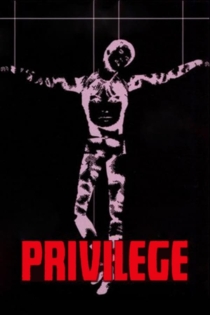
Fällan
Peter Watkins
Karl Lennart Sandquist, Bo Melander
Set in the underground living quarters of a scientist working at an international nuclear waste station near the west coast of Sweden. It is the end of 1999, and the TV in the oppressive living room inhabited by John (the scientist), his wife Margereta, and their son Peter, is proclaiming optimistic statements about the promise of the New Millennium.
The Trap
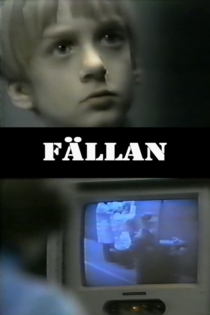
The Forgotten Faces
Peter Watkins
Frank Hickey, Michael Roy
“The Forgotten Faces (1961), a film reconstruction of the Hungarian revolution of 1956, won Watkins another amateur Oscar, and to this day, the film is praised in England as "one of the most memorable amateur films ever made".
The Forgotten Faces
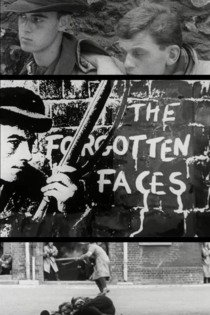
Gladiatorerna
Peter Watkins
Arthur Pentelow, Frederick Danner
Some time in the future, East and West have stopped maintaining standing armies and nuclear weapons. Instead, to settle their differences they pit different teams of crack combat specialists against each other.
The Gladiators
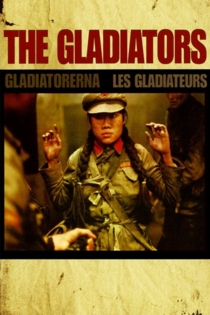
It Happened Here
Kevin Brownlow, Andrew Mollo
Pauline Murray, Sebastian Shaw
It is the Second World War. The Nazis have invaded Britain. There is a split between the resistance and those who prefer to collaborate with the invaders for a quiet life. The protagonist, a nurse, is caught in the middle.
It Happened Here
